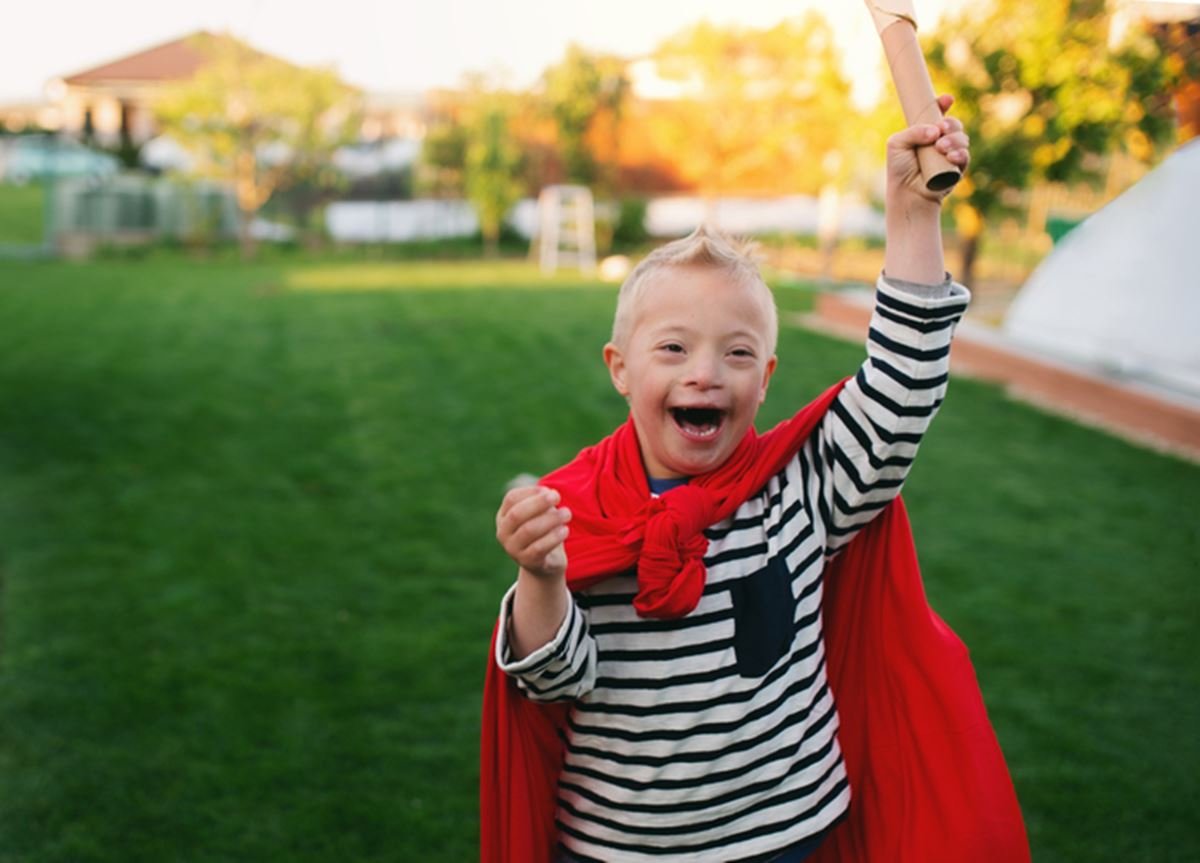Brazilian research studies common molecular changes in people with Down syndrome from sloughed cells in urine
A team of scientists from the Albert Einstein Hospital in São Paulo has managed to transform urine cells into stem cells to study molecular changes common in individuals with Down syndrome, as well as response to medication. The unprecedented technology could advance treatments and improve the quality of life for individuals with a genetic alteration.
The first results of the study have been published in an article in Ph Spring platform in January this year. Collecting cells from urine offers a safe, non-invasive method for patients. Until then, tests of this type were only performed by biopsy with skin samples, a procedure performed in a hospital with medical assistance to collect fibroblasts.
“We use parenchymal cells in urine to generate induced pluripotent stem cells (iPSCs), which differentiate into other types of cells, such as neurons, astrocytes, and even brain organelles,” explains researcher Bruna Zampiri, one of the study’s authors.
The model provides a platform to study the neural development and neurobiology of Down syndrome and to discover potential new drug targets that could improve the quality of life of these individuals.
“This can help us gather important information that can support the design of preclinical studies to improve the quality of life for these people. To date, there are no drugs that delay the onset of dementia in individuals with Down syndrome or learning disabilities, for example,” he says. Study author.
It is estimated that two out of ten people with Down syndrome develop dementia after the age of 45, much earlier than the general population.
Next steps for the study
The researcher realizes that the first phase of the research has some limitations, such as the limited number of participants. She hopes to be able to do more research and include more individuals with the condition and the syndrome to compare the results.
“We want to make more organisms, and look for different proteins or molecules to test which drugs work in that organism,” Bruna says.
World Down Syndrome Day
This Tuesday (21/3) marks World Down Syndrome Day. The date was chosen by the United Nations (UN) in 2012 to promote global awareness and ensure that individuals with the syndrome have the same opportunities as everyone else.
The Brazilian Federation of Down Syndrome Associations (FBASD) estimates that there are 300,000 people with Down syndrome in Brazil. For every 700 children born with a genetic change, a third copy of chromosome 21 is found in every cell in the body.
Get news from capital Cities on your Telegram and stay on top of everything! Just access the channel: https://t.me/metropolesurgente.

“Wannabe internet buff. Future teen idol. Hardcore zombie guru. Gamer. Avid creator. Entrepreneur. Bacon ninja.”

